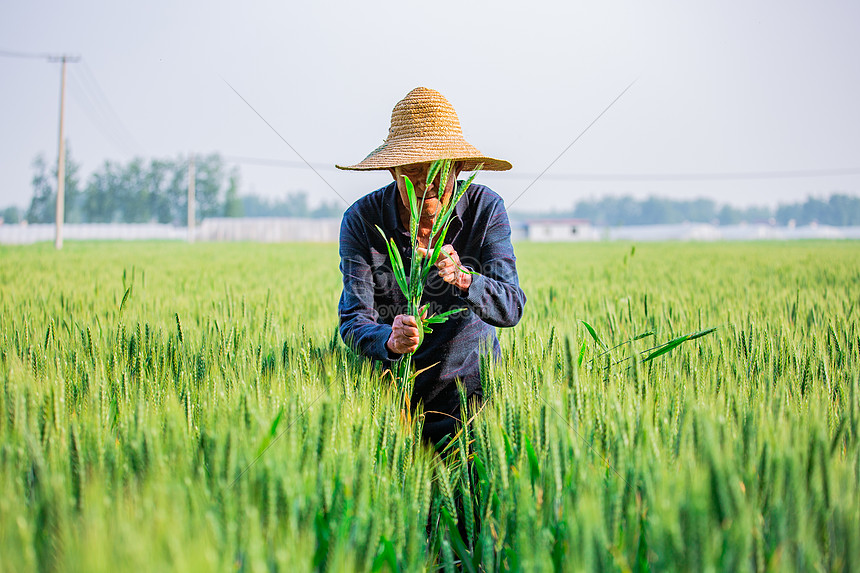Indonesia's agricultural sector stands at a crossroads as the government considers adjustments to its import policies. While aiming to ensure food security and stabilize prices, these changes have raised concerns among local farmers who fear the influx of imported goods could undermine their livelihoods. This article delves into the complexities of Indonesia's agricultural import policy, examining its implications for domestic farmers and the broader economy.
The Current Landscape of Agricultural Imports
Indonesia has long relied on agricultural imports to meet domestic demand for various commodities, including rice, sugar, and dairy products. Recent policy shifts suggest a move towards reducing this dependency, with plans to halt imports of key commodities by 2025 to promote food self-sufficiency. However, the transition requires careful consideration to avoid unintended consequences for local producers.
Farmers' Concerns Over Import Policy Changes
Local farmers express apprehension that relaxed import regulations could flood the market with cheaper foreign products, making it difficult for them to compete. For instance, dairy farmers have protested against the influx of subsidized milk from countries like Australia and New Zealand, which has led to declining prices for locally produced milk. Similarly, rice and corn farmers worry that increased imports could depress prices during harvest seasons, affecting their income and sustainability.
Government Initiatives and Challenges
The Indonesian government acknowledges the need to support local agriculture while managing import demands. Initiatives include setting minimum quotas for local product absorption and implementing tariffs on certain imports. However, challenges persist, such as ensuring compliance among importers and balancing trade agreements with domestic interests. The success of these measures hinges on effective enforcement and collaboration between stakeholders.
The Path Forward: Striking a Balance
Achieving a balance between necessary imports and protecting local farmers requires a multifaceted approach. Strategies may involve:
- Enhancing Local Production: Investing in agricultural technology and infrastructure to boost productivity and reduce reliance on imports.
- Transparent Policy-Making: Engaging with farmer associations and industry experts to develop policies that reflect on-the-ground realities.
- Monitoring and Enforcement: Establishing robust systems to monitor import activities and enforce regulations that safeguard domestic agriculture.
Conclusion
Indonesia's agricultural import policy is a delicate balancing act between ensuring food availability and supporting local farmers. As the government navigates this complex terrain, inclusive and transparent policymaking, coupled with targeted support for domestic producers, will be crucial in fostering a resilient and self-sufficient agricultural sector.
Read More






 Wednesday, 04-03-26
Wednesday, 04-03-26







